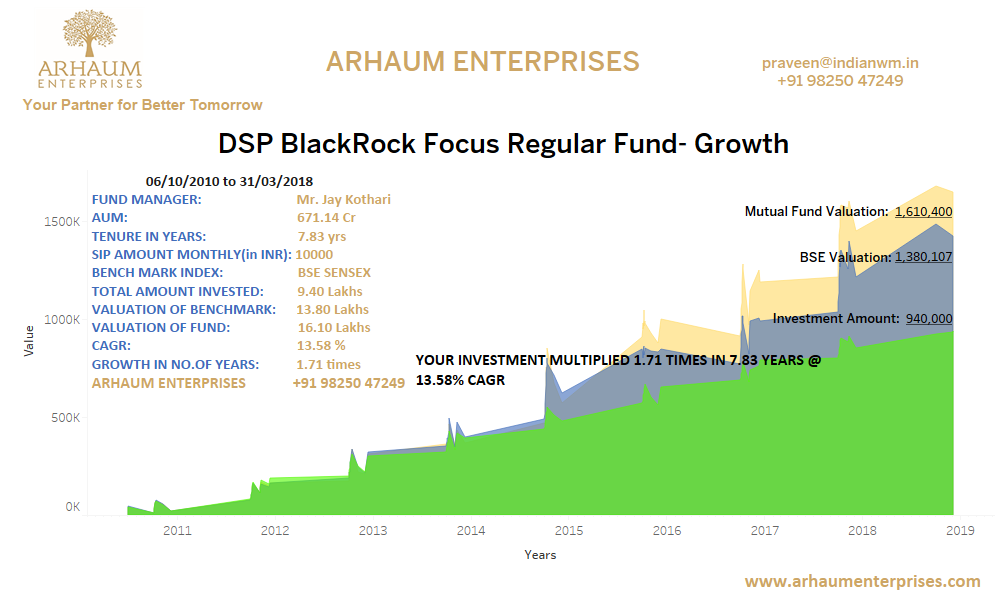Ashish went to a nice restaurant for dinner with his 4 colleagues six months back. They had a fun evening and the bill for the dinner came to Rs 12,000, which was split between 5 of them. Manish paid the bill and the others had to transfer their share to Manish’s account. Everyone paid, excepting Rakesh, he forgot to transfer the money.
Today, Rakesh walks up to Ashish’s desk and says, “Hey, I just realized I forgot to bring my wallet, can you lend me 1,000 rupees?” And suddenly Ashish goes into a flashback and recollects that dinner and Rakesh not paying his share. Ashish, with a fake smile, unwantingly stretches his hand to reach his wallet kept in his trouser pocket. He opens the wallet, with the unbroken fake smile, he sees that he has around Rs 5000 cash, but decides to lie to his friend and says, “Sorry Manish, I just have a 100 rupee note in my wallet”. Rakesh to Ashish, “No problem Ashish, I’ll ask someone else” and he left.
Why did Ashish choose to not help his friend?
Because of lack of credibility
You would not want to risk your money by lending it to someone who is not credible, because there is a likelihood of him defaulting again.
This was an everyday scenario. However, when it comes to the organised sector and if you want a loan, you must make sure you don’t have a credibility issue. Because you might not even get a fake smile here, and the bankers won’t even pretend to stretch their hands to reach their lockers.
Banks will decide whether to give you a loan or not, on the basis of your ability to pay. And they gauge your ability to pay through your CIBIL score.
What is a CIBIL score?
TransUnion CIBIL Limited, collects and maintains credit records of individuals on the basis of their loans and credit cards holding and repayment history. These records are used to create credit scores, which are provided to banks and other credit institutions in order to help them evaluate and approve loan applications.
The CIBIL score ranges from 300 to 900. Higher the score, the better. Ideally you should have a CIBIL score of above 750 to increase the chances of your loan application getting approved.
If a person is in urgent need of money, the worst thing that can happen to him is a bad CIBIL score. It is mandatory for banks to review a loan applicant’s CIBIL score among other checks.
Having a good CIBIL score will not only help you get loans easily, but also you’ll be eligible for higher loan amounts, lower interest rates on loans, longer duration of loans, etc. To avail these benefits, you must maintain a good CIBIL score.
How do I maintain a good CIBIL score?
Check your Credit report. The first step is checking if you have a low CIBIL score or not. If you have a low score, then you have to get it right. You shall:
- Pay off your credit card debt and any unpaid loans.
- Pay your EMIs on time.
- Reduce the number of loans and credit cards you apply for.
- If your credit card or loan application is rejected, do not apply for it again immediately.
- If you notice any errors in your report, you must appeal for its rectification on the CIBIL website.
- You must not exhaust your credit card limits. Ideally, you shall use 30-40% of your credit limit each month.
- Use the oldest credit card, the one which you have been managing well and have a timely repayment history. Get rid of others.
- Do not be card hungry. If there are 6 different banks offering you credit cards. Do not take all of them as you do not need them.
- Maintain an optimum balance between your secured loans (Eg. A home loan) and unsecured loans (Eg. car loan).
The above points will help you increase and maintain your CIBIL score. Even if today you have a good CIBIL score, keep the above points in mind as a small mistake can bring bring your score down. A high CIBIL score will help you get those loans easily and on better terms and conditions.




